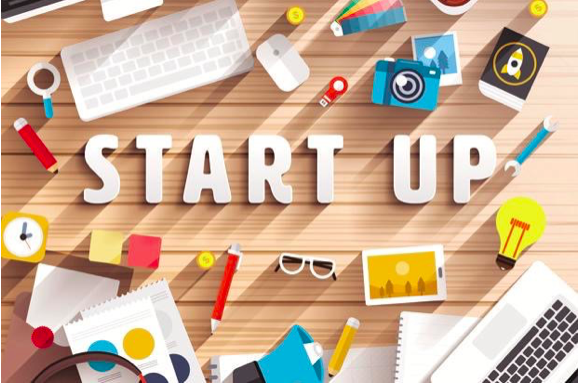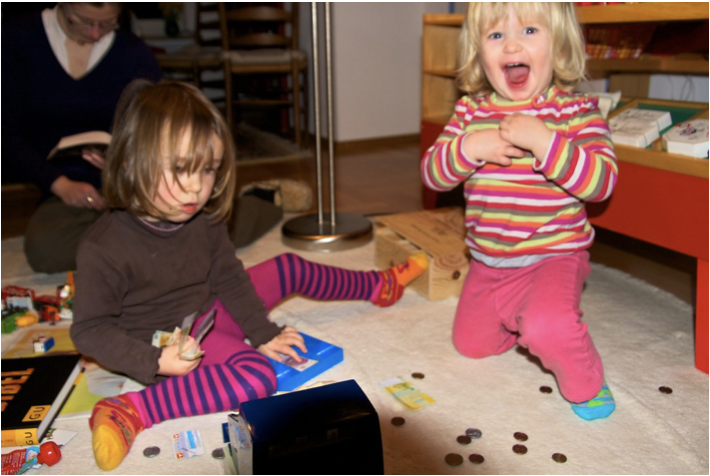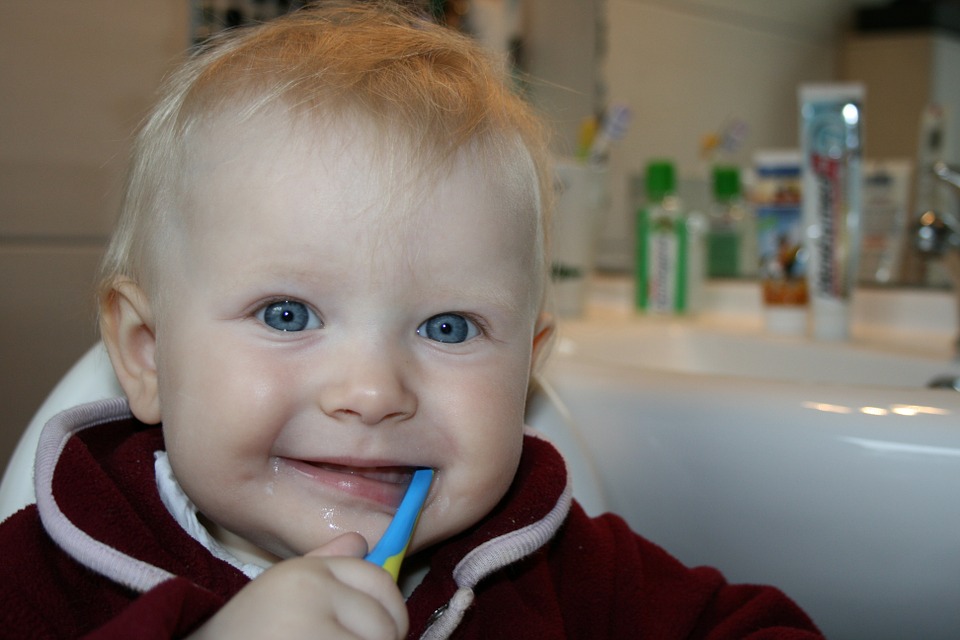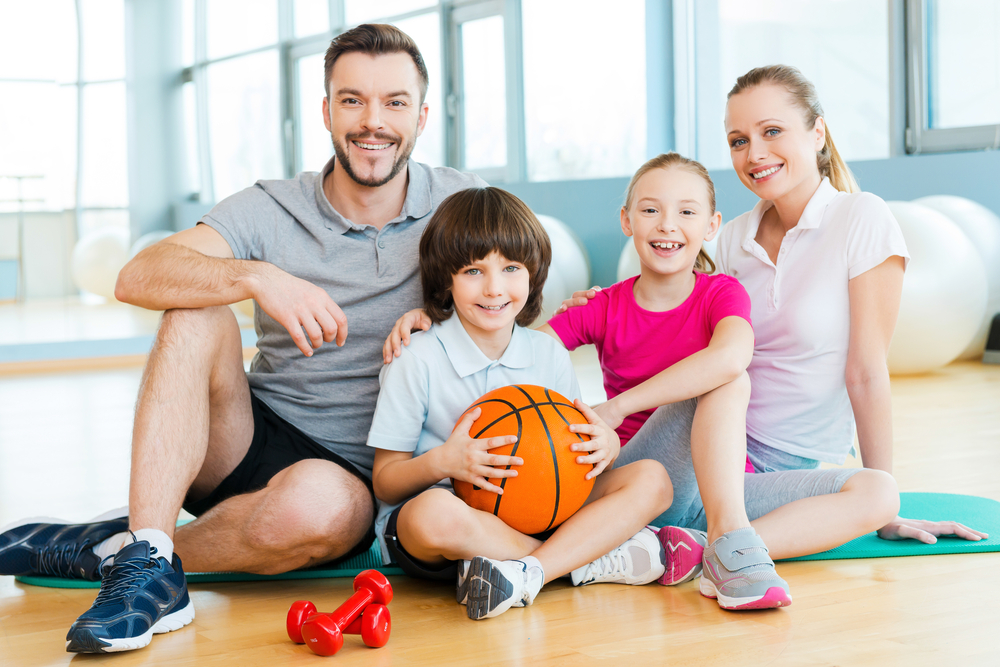Attention Deficit Hyperactivity Disorder is a mental disorder that causes individuals with the condition to have difficulty paying attention to and completing daily tasks. In the year 2016, approximately 9.4% of kids between the ages of 2 and 17 were diagnosed with ADHD, according to the Center for Disease Control and Prevention. Visit www.cdc.gov to learn more about the condition. It is commonly characterized by impulsive behavior and difficulty in focusing.
ADHD has no cure at the moment and the only solution is to manage and learn to live with the condition. And although doctors may prescribe some drugs to help cope with or improve ADHD symptoms, they may not always produce the desired results. They may also have some side effects. Adults learn to cope with the condition by creating measures or routines that they follow daily. These measures help to make up for their lack of focus and mitigate their impulsive behaviors.
As with many other conditions, people always look for alternative remedies to help their ADHD symptoms. Reports have it that at least half of all children who suffer from ADHD are given an alternative, non-pharmacological treatments. There are several natural supplements for ADHD that are easy to procure, safe, and inexpensive used by many people. Research has no solid proof that these alternative remedies have any significant impact on the condition, and it is recommended that medication and behavioral therapy are the way to go.
Nevertheless, this article will discuss some supplements, herbal medicines, and activities that can help to manage ADHD symptoms.
ADHD Supplements
Of all the ADHD supplements out there the following three have been debated and researched on extensively. And there is evidence from research that supports the use of these supplements. Although it should be noted here that there are inherent risks associated with the use of drugs and supplements. It is recommended that one consults a doctor before any medication is consumed.
- Omega-3: This is a fatty acid derived from fish oil and has been shown in research to help reduce ADHD symptoms. Some evidence exists that shows that omega-3 help children between the ages of 8 and 12 to improve organizational abilities and general mental skills.
- Melatonin: This is a natural hormone that has been proven to ameliorate sleep problems in children with ADHD. However, there is no concrete evidence that shows it is effective against ADHD symptoms.
- Zinc, Magnesium, and Iron: These are essential minerals and would be of help to individuals who are deficient. However, not enough data exists that support their efficacy in combating ADHD symptoms.
It is important to know that many supplements are classified as food and therefore are not officially approved by the FDA. This means that their contents are not regulated and they have no official dosage.
Herbal Medicines
A few herbal alternative remedies have been shown to have potential in the treatment of ADHD. Clinical studies have the following herbs have some noticeable effects on ADHD symptoms:
Ginseng: Is a Chinese herb and has been proven to remarkably improve hyperactivity and focus in children with ADHD. It also showed promise in cognitive function repair.
Pycnogenol® (French Maritime Pine Bark Extract): This herbal extract may significantly improve inattentiveness, visual-motor coordination, and hyperactivity.
Bacopa: Is effective in increasing learning and memory in children with ADHD. In clinical trials, it was effective in improving impulsivity, self-control, attention deficiency, and restlessness.
Ningdong: Has been confirmed by clinical trials to be effective at attenuating ADHD symptoms and experts are proposing it as a safe alternative remedy.
Even though these herbs have shown promise in the treatment of ADHD, there is no official dosage and little is known about how they will react with regular medications. Remember to consult a doctor before trying any of them.
Recreational Activities
Certain physical activities affect the human mind, and some experts believe that recreational activities can significantly help individuals with ADHD. See this.
Some of these are used in the treatment of substance addiction and may have positive effects on ADHD:
Spending Time Outdoors: Researches have shown a link between times spent with nature and increased ease in concentration. Although it is not known what duration of time is effective or how long the effect will last.
Exercise and Physical Therapy: ADHD symptoms can be improved through fun exercises. Other physical activities such as therapeutic massage and yoga can ease stress. Meditation is also effective in fostering calmness.
Neurofeedback: This is the use of special devices to measure and record brain signals to provide feedback. The devices can be used to tell how individuals with ADHD respond to events and activities. This data can then be used to modify the individual’s behavior accordingly.
Natural supplements and herbs can significantly affect the body in much the same as over-the-counter drugs can. It is important to consider the health risks involved in using these compounds and therefore professional counsel should be sought before usage.





